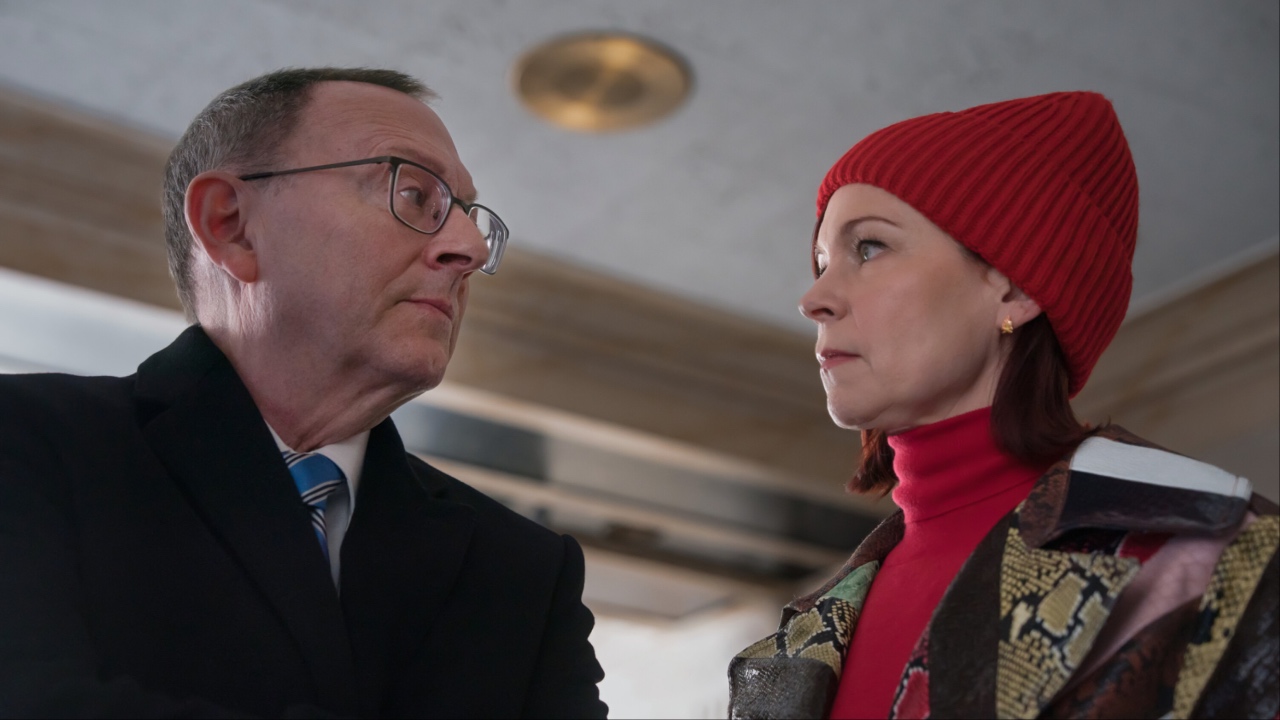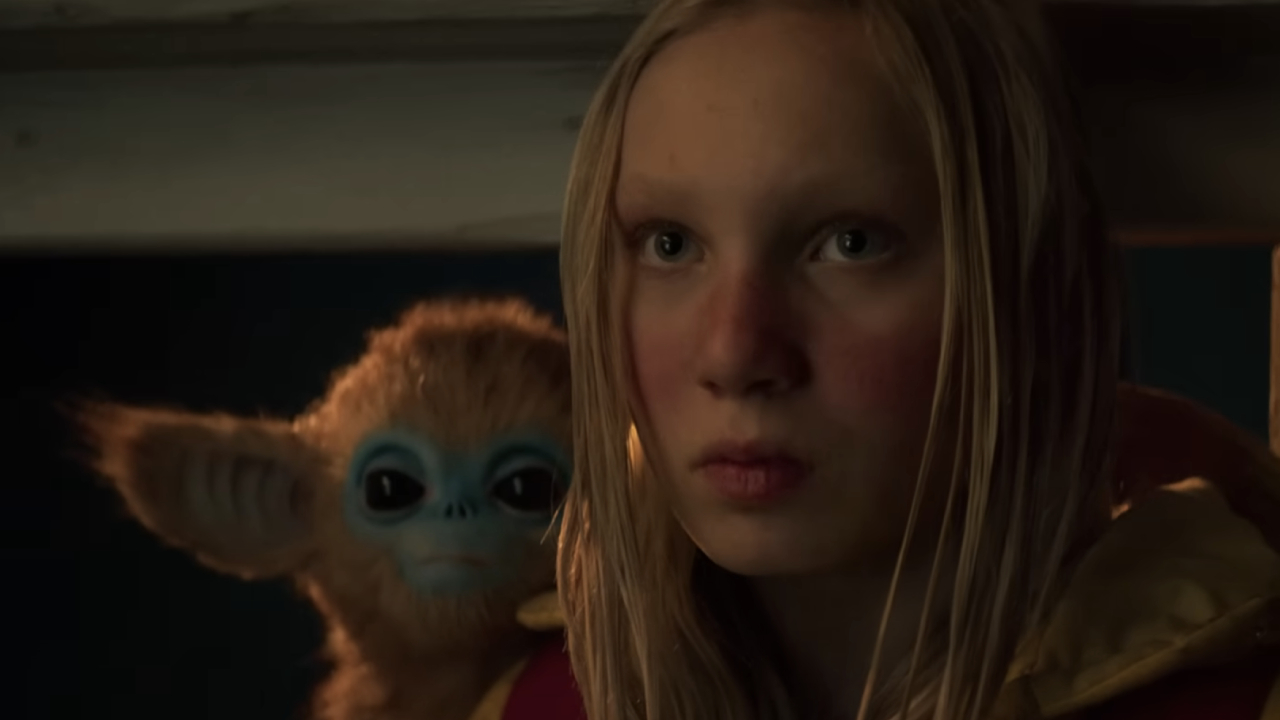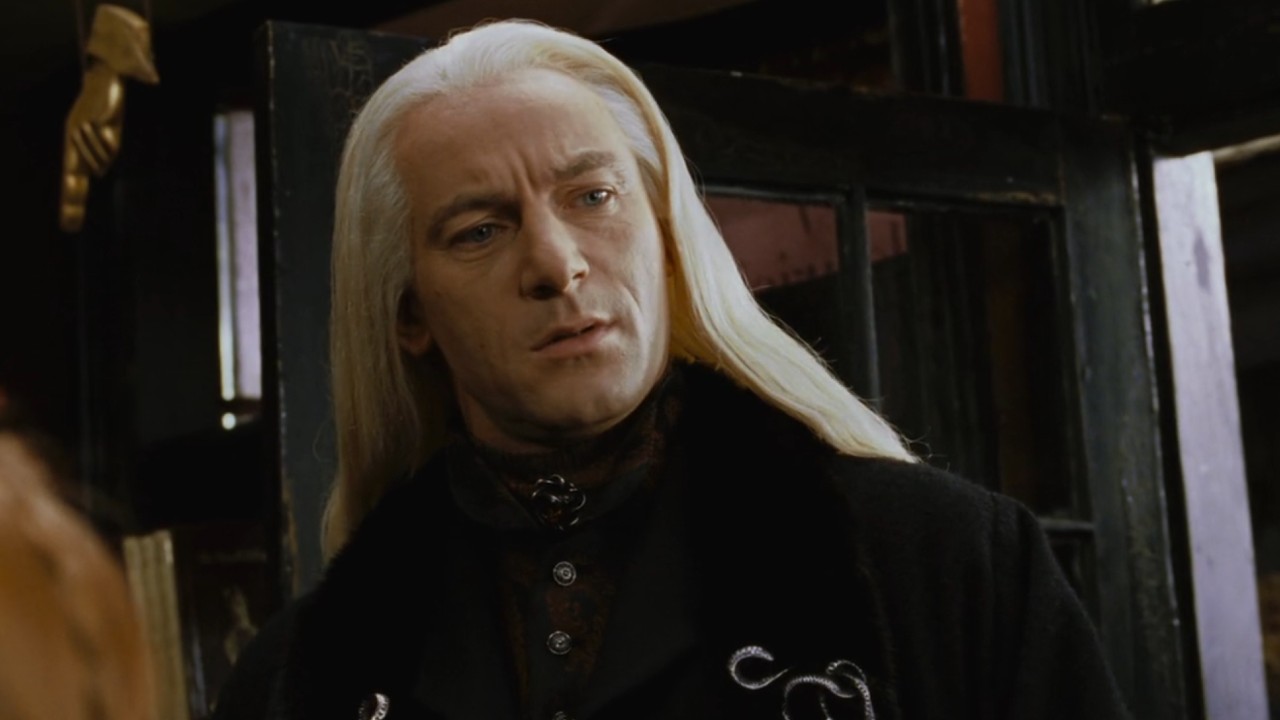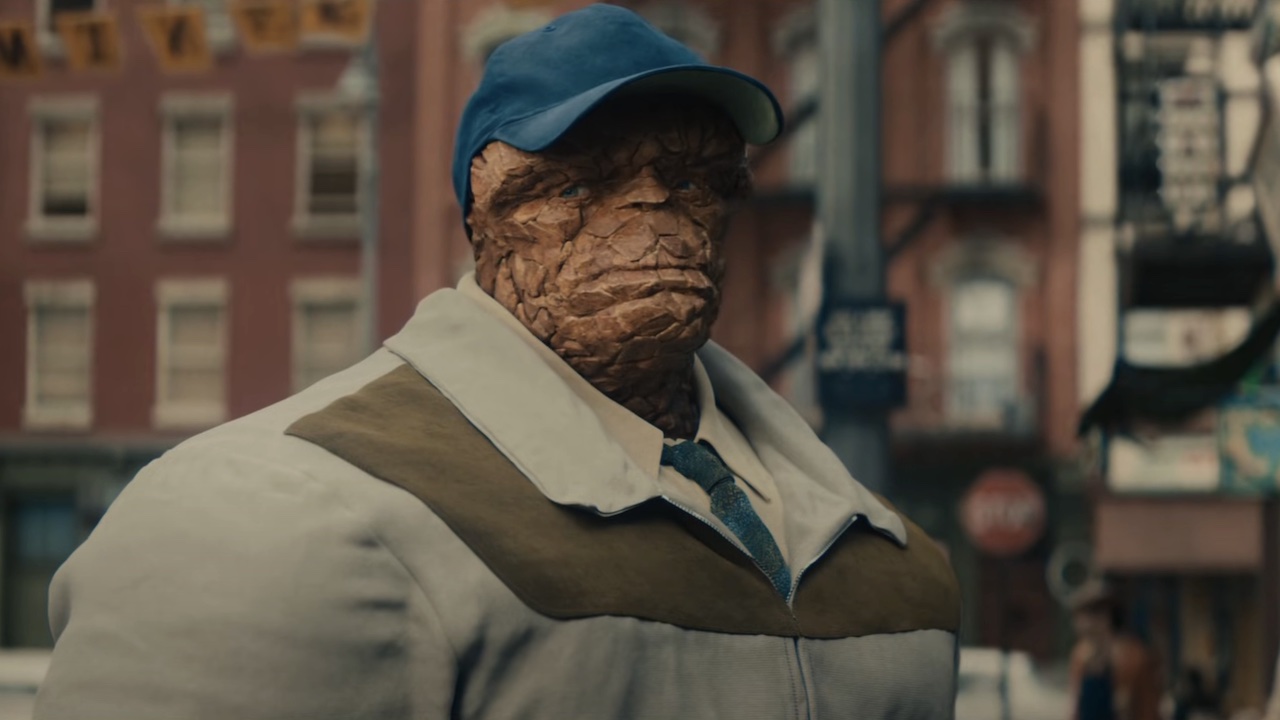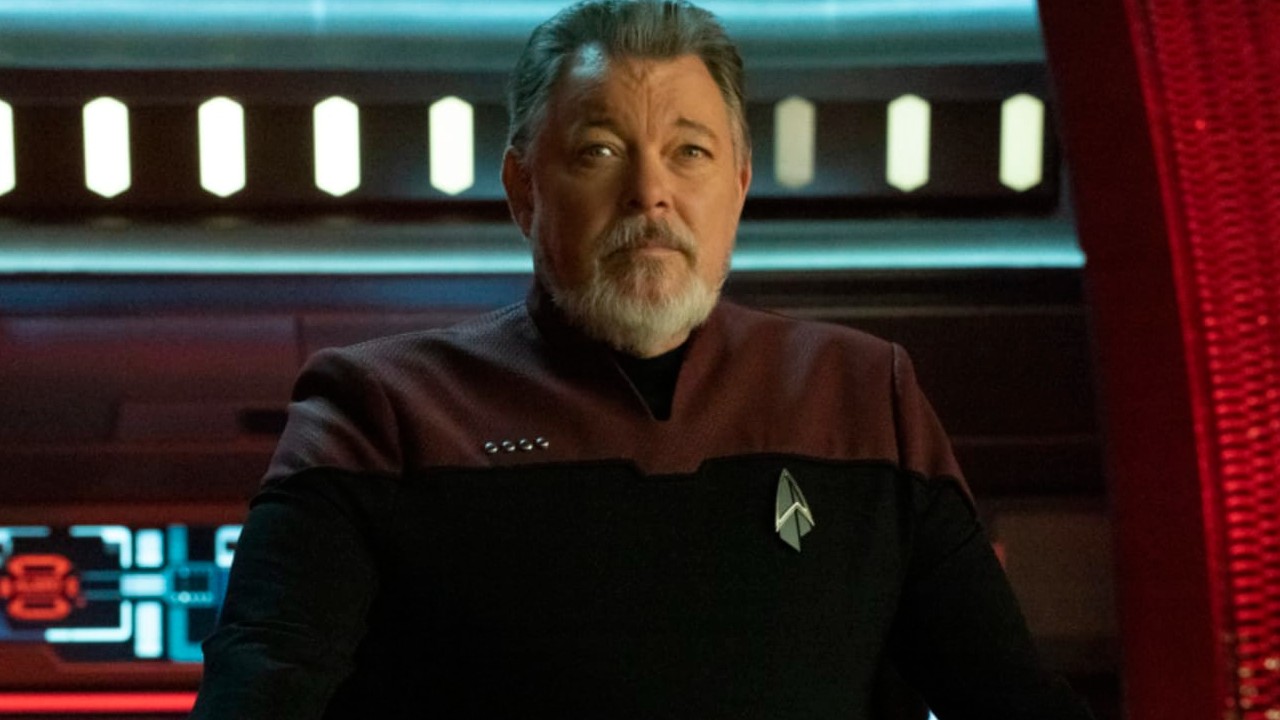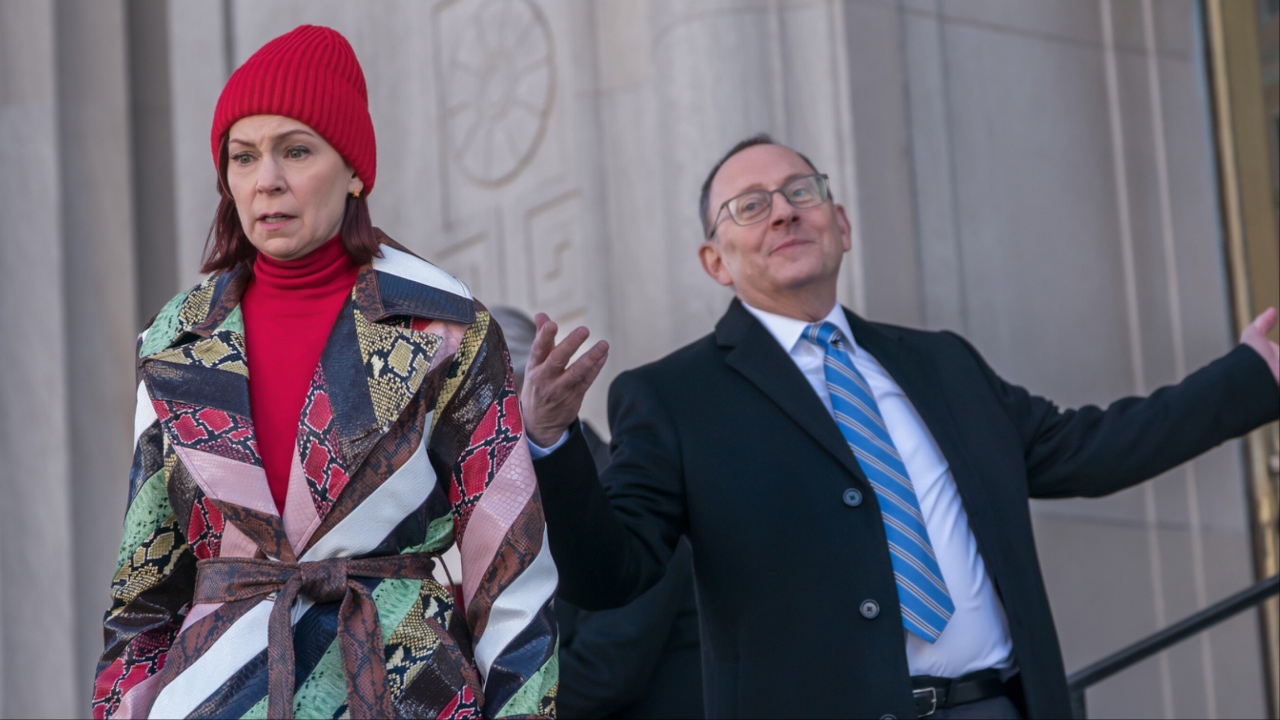The NFL Is Changing Its TV Blackout Rules
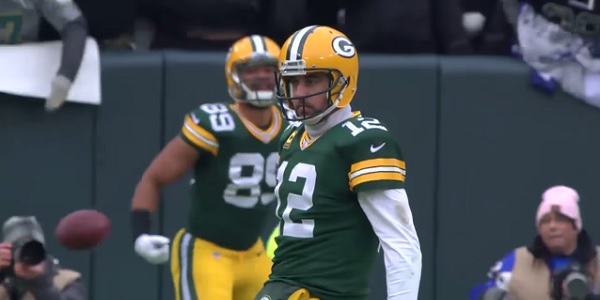
One of the biggest universal truths out there in the world today is that NFL games are going to bring in big ratings at almost every turn. But one of the NFL’s most long-standing policies, the blackout rule, has occasionally made it hard for local markets to watch their teams if ticket sales aren’t outstanding. Thankfully, that rule is getting suspended for the first time for the 2015-2016 season, so the only blackouts you have to worry about now are the ones that follow too much tequila after your favorite team blows a 13-point lead in the fourth quarter.
First conceived in the 1950s, the blackout rule was created as a way to put more fans in the stadiums rather than in front of their TVs, and it comes into play when a team doesn’t meet a specific ticket sales requirement. If a home team isn’t getting enough in-person support, then the armchair quarterbacks at home don’t get to watch the game. It’s been one of the more aggravating aspects of the NFL for fans who can’t afford steep ticket prices, and it’s a somewhat surprising step forward for the League to cut this policy out, even if it’s just for one season at the moment.
Not that league president Roger Goodell and his team are being nice for the sake of it. Last year, the FCC pulled their support of NFL blackouts, and although it didn’t directly impact anything since the NFL is contracted through networks, it was still a black mark on the outdated policy. As well, the number of blackouts that occur each season have dropped dramatically over the years, and 2014 was the rare year where there wasn’t a single game blacked out. According to ESPN, all parties involved thought that this would be a great season to test the no-blackout angle.
When the current policy was put into place in the 1970s, around half of all home games were blacked out, with that number dropping to 40% in the 1980s, 31% in the 1990s, and 8% in the 2000s. The past five seasons have seen it drop to 5%, and there were 79 blackouts from 2009 to 2012. Not too shabby, considering there were well over 1,000 games played during that time. (2013 only had two of them.) Part of this is due to the league altering the number of tickets that need to be sold, but part of it can also be attributed to the NFL being as popular now as it’s ever been. That said, some teams such as Oakland, St. Louis and Tampa Bay are still struggling to keep ticket sales high enough.
Team owners voted for the one-year suspension for both the preseason and regular season, and after this season is finished, everyone will come together once more to look at how the lack of blackouts have impacted ticket sales and other figures.
CINEMABLEND NEWSLETTER
Your Daily Blend of Entertainment News

Nick is a Cajun Country native and an Assistant Managing Editor with a focus on TV and features. His humble origin story with CinemaBlend began all the way back in the pre-streaming era, circa 2009, as a freelancing DVD reviewer and TV recapper. Nick leapfrogged over to the small screen to cover more and more television news and interviews, eventually taking over the section for the current era and covering topics like Yellowstone, The Walking Dead and horror. Born in Louisiana and currently living in Texas — Who Dat Nation over America’s Team all day, all night — Nick spent several years in the hospitality industry, and also worked as a 911 operator. If you ever happened to hear his music or read his comics/short stories, you have his sympathy.
